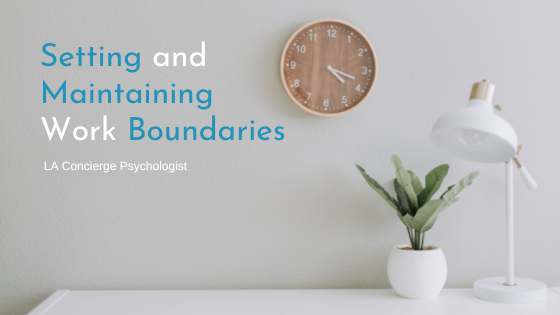Depression has many causes. But what role do your thoughts and emotions play in this common and serious illness?
Since your thoughts and behaviors are linked, what you think very much impacts how you feel. It only follows that your thinking has the power to make you feel depressed. The cycle builds from there. Your feelings of depression impact your thoughts and the result is usually more depression. Therefore, it is essential for each of us to better understand such links — in the name of staying as healthy as we can!
The Role of Cognitive Distortions
The type of thinking that can make you depressed typically fall into a category called “cognitive distortion.” We all entertain unsound thoughts and beliefs from time to time. Unfortunately, if these false thoughts take root, they are reinforced over time and turn into patterns of thinking. They become cognitive distortions and can cause psychological damage.
10 Cognitive Distortions That Can Make You Feel Depressed
1. Mental Filter
It’s all too common that you seemingly forget any and all positive impact to focus only on a single piece of negativity. This distortion contributes to depression by cultivating a pessimistic worldview.
2. Magnification or Minimization
You do well or perhaps win an award but all you can say is: It’s not a big deal. You minimize your success. But if you should make a tiny mistake in the midst of a solid performance you will maximize the importance of that gaff. Either way, you foster a self-image that keeps you in a depressed or even hopeless state.
3. Jumping to Conclusions
You see someone frown and immediately assume it’s a reaction to something you did. You “read their mind” and become paranoid. A parallel distortion involves “fortune-telling.” Before you even try, you “predict” a worst-case scenario. Your thinking serves to prevent you from finding a positive path forward in life.
4. Black-and-White Thinking
Gray areas do not exist. Everything you do or say or see or feel is either perfect or disastrous. An all-or-nothing mentality shuts out the nuance you need to stave off depression.
5. Overgeneralization
It may only take one negative experience for you to overgeneralize that it’s always like this and will stay that way. From there, a depressing thought pattern becomes the norm.
6. Disqualifying the Positive
Contrary to all evidence, you deny positive realities. The very thing you need to counter negative patterns is ignored or disqualified.
7. “Should” Statements
It’s impossible to always know what to do, say, think, or feel. If you believe you “should” know all this, the result is guilt and shame. You remain perpetually disappointed in yourself.
8. Emotional Reasoning
Emotions are not facts. If you feel a certain way, it doesn’t make it true. Emotional reasoning distorts this simple concept and leaves us to the whims of our ever-changing feelings.
9. Personalization
Simply put, this cognitive distortion occurs when you take everything personally. No matter what happens, you feel victimized, judged, and guilty — three common components of depression.
10. Perfectionism
Perfectionism is really a fear of failure. It can stop you from trying anything new. This mindset spirals quickly into despair.
Your Thoughts Won’t Cooperate? Look Outside Your Head for Assistance
Even when you know what to look out for, you can fall prey to cognitive distortions. If they lead to depression, it can be even harder to kick this habit. This is what so many people try therapy as a path toward clarity.
Working with a skilled counselor empowers you to identify counterproductive patterns. You will work together to challenge these thoughts and replace them with healthy habits. Asking for help is a sign of strength and wisdom.
Let’s work through depression together in a safe, non-judgmental space. Send us a message or book a free 20 minute consultation call with Dr. Barajas or Dr. Goldman.
Click here for more information on executive coaching.



